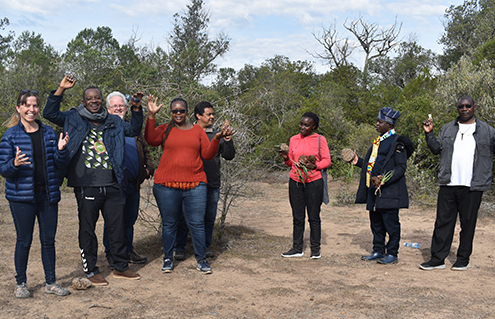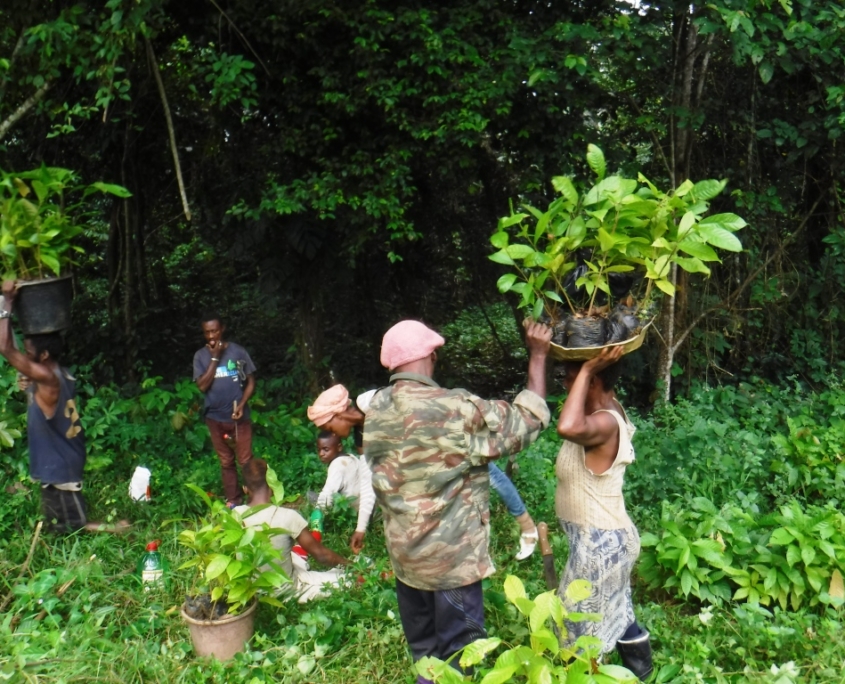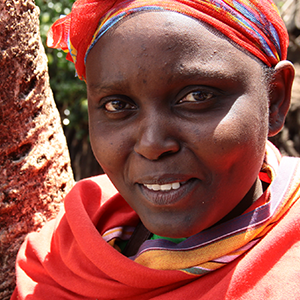Forests are under threat
Despite the numerous health benefits of forests, they are under threat from deforestation, primarily driven by commercial logging and agricultural expansion. Deforestation leads to habitat destruction, loss of biodiversity, and increased carbon emissions, which contributes to climate change. The Intergovernmental Panel on Climate Change (IPCC) estimates that climate change will lead to an increase in vector-borne diseases such as malaria and dengue fever, as well as air pollution-related illnesses[3].
To address these challenges, ABN and her partners in the network, such as Green Development Advocates (GDA) in Cameroon, Muyissi in Gabon, AFRICE and NAPE in Uganda, ICE, MEAP, and RIDEP in Kenya, ISD, MELCA, and PELUM in Ethiopia, Usiko and EarthLore in South Africa, and PELUM Zimbabwe, GRABE-Benin and CEVASTE in Benin among other partners, are promoting sustainable forest management practices that prioritize both environmental and human health. For example, these organizations and like-minded partners collaborate with communities to raise awareness of the linkages between forests and human health. They also lobby and advocate for policies and practices that support sustainable forest management. Such conservation approaches seek to improve the health of forests, which has a ripple effect on human health in forested regions.
On this International Forest Day, we extend sincere appreciation to all of our partners who have worked tirelessly to plant relevant tree species adoptive to the local ecosystem and restore degraded landscapes across Africa. Your commitment and dedication to the health and vitality of our forests is truly inspiring. As we celebrate the progress we have made in restoring and protecting our forests, we must also remember the commitments made by our governments to afforest the African continent. We urge all governments to prioritize their efforts towards reforestation and work towards meeting their obligations to protect our forests.
[3] https://www.ipcc.ch/site/assets/uploads/2018/02/WGIIAR5-Chap11_FINAL.pdf























